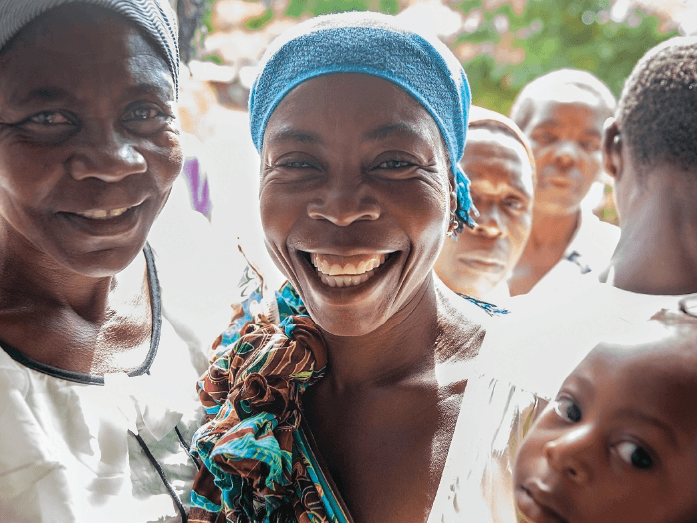Background and Rationale
Over the last decade, HIV testing, care, and treatment services have been rapidly scaled up across sub-Saharan Africa. Currently, an estimated 25.5 million people are living with HIV in the region, including 12 million who are accessing antiretroviral therapy (ART). To optimize the health outcomes of people living with HIV, it is critical that prompt linkage to care occur following diagnosis, and that patients are subsequently retained in lifelong care. In most countries, HIV testing is offered in diverse settings—from voluntary testing sites to inpatient and outpatient clinics where health workers initiate HIV testing as part of routine medical care—and those newly diagnosed face numerous challenges accepting their status, enrolling in HIV care, and staying engaged in care for life. Finding innovative ways to address these challenges will be essential to achieving UNAIDS’ ambitious 90-90-90 targets.
Challenges related to patient linkage and retention have been particularly acute in Mozambique, where approximately 11 percent of the population (1.5 million people) is living with HIV. One study estimated that, among people who initiated ART in Mozambique in 2012, 31 percent were lost to follow-up within 12 months. Barriers hindering patient engagement in ongoing care include multiple clinic visits, long wait times, long distances to the health facility, transportation costs, and work and child care-related constraints. While a number of studies have evaluated specific interventions targeting a single barrier to linkage and retention, few studies have rigorously assessed the impact of a multi-component intervention package composed of pragmatic, evidence-based interventions that simultaneously target known barriers across the HIV care continuum.
Study Overview
From April 2013 to June 2016, ICAP collaborated with Mozambique’s Ministry of Health and the Center for Collaboration in Health (CCS) to conduct the Engage4Health study. Supported by the United States (U.S.) President’s Emergency Plan for AIDS Relief and U.S. Agency for International Development (USAID), the study aimed to evaluate the effectiveness, acceptability, and cost-effectiveness of a package of scalable, evidence-based interventions targeting multiple barriers to linkage to and retention in HIV care among adults newly diagnosed with HIV in Mozambique.




